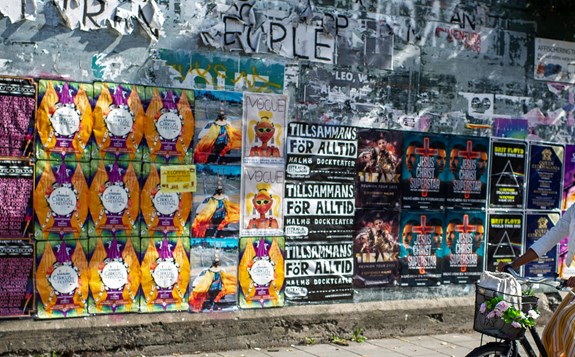Autumn 2025 - Semester 1
- Critical Humanities - Ideas on the Move (KK680A), 15 credits
- Locations of Culture - History and Place (KK681A), 7.5 credits
- Representation and Power (KK682A), 7.5 credits
Spring 2026 - Semester 2
- Integrated Methodologies for Research Design (KK683A), 15 credits
- Socially Engaged Research (KK684B), 15 credits
Autumn 2026 - Semester 3
Optional courses during the semester:
- Biosocial Ethics: Limits of the Human (KK488A), 15 credits
- Cultural Politics in the Anthropocene: Global and Local Perspectives (KK489A), 15 credits




